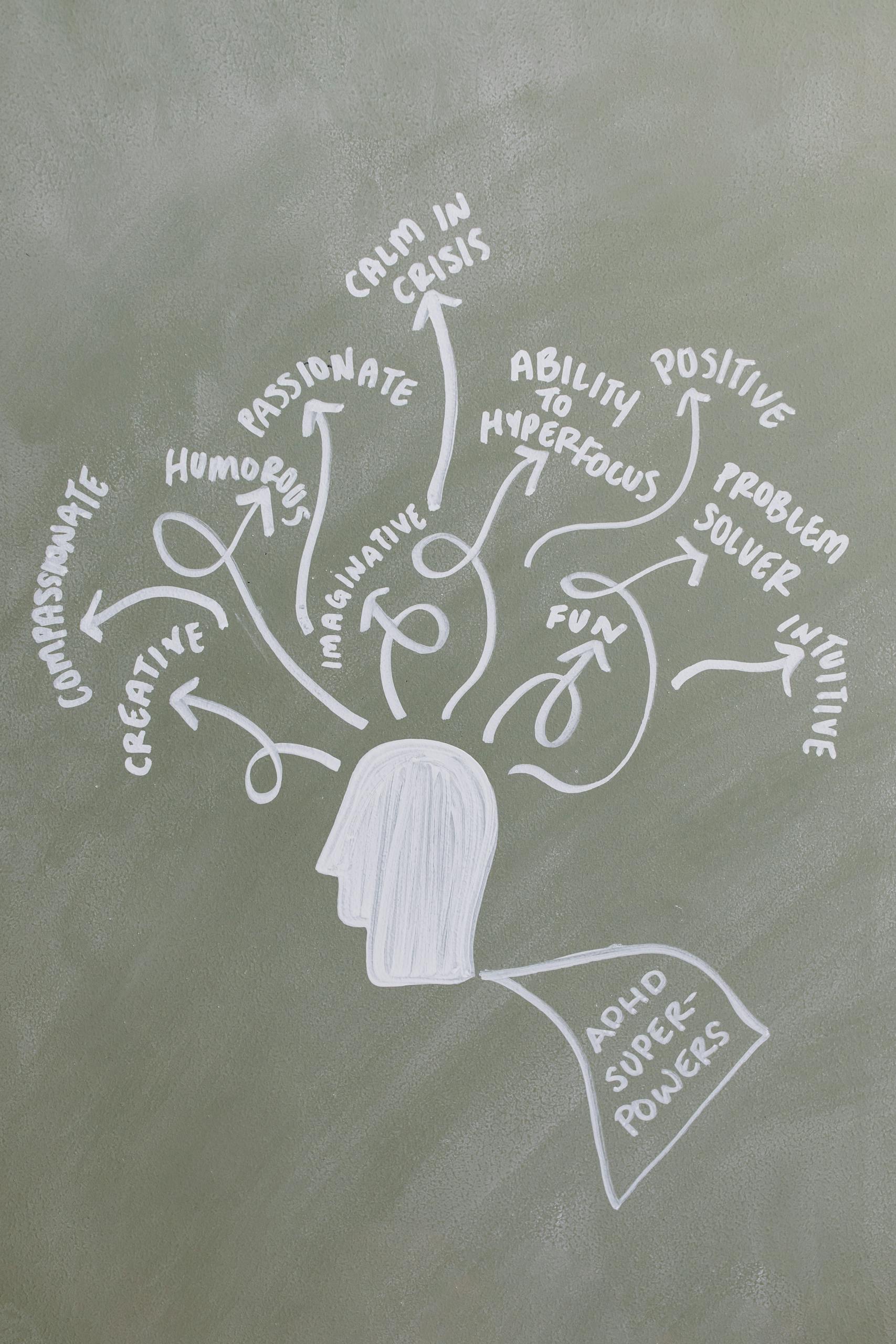7 Ways Learning a New Language Boosts Your Mental Skills 🧠🌍
Have you ever thought of learning a new language but hesitated because it seemed too difficult or time-consuming? Here’s a powerful reason to reconsider: learning a new language is like going to the gym — for your brain. Whether it’s Spanish, French, Arabic, or Japanese, engaging with a new language stimulates your mind in ways that few other activities can. Scientists have been fascinated by this for decades, and studies show that multilingual individuals have better memory, sharper focus, improved cognitive flexibility, and even delayed symptoms of Alzheimer’s disease.
In our globally connected world, the benefits of being bilingual or multilingual go far beyond travel or career advantages. Language learning offers deep mental gains that can positively affect your everyday life — from how well you multitask to how quickly you adapt to new situations. It’s one of the few skills that combines memory training, cultural appreciation, and brain plasticity — all in one.
In this blog, we’ll explore seven compelling ways in which learning a new language can significantly boost your mental skills. Get ready to unlock the full power of your brain and explore the exciting world of cognitive development through language!
1. Enhances Memory Retention
Learning a new language challenges your brain to remember vocabulary, sentence structures, and grammatical rules — all of which strengthen your memory. It acts like a memory workout that sharpens your ability to store and retrieve information. According to research from the National Institutes of Health, bilingual individuals show improved working memory and long-term recall.
Regularly recalling words and phrases from a new language keeps your brain active and helps it stay younger and sharper as you age.
2. Boosts Problem-Solving Skills
When you learn a new language, you constantly decode unfamiliar sounds and make sense of new patterns. This strengthens your problem-solving ability. You become better at finding creative solutions and thinking outside the box.
A study published by the Association for Psychological Science found that bilinguals make more rational decisions in non-native languages. Why? Because thinking in another language helps you detach from emotions and analyze problems logically.
3. Increases Attention and Focus
Switching between languages teaches your brain to filter out distractions and concentrate better. This “mental juggling” improves your attention span and focus. Language learners are often better at tasks that require concentration and selective attention.
In fact, a study in Frontiers in Psychology found that bilinguals outperform monolinguals in attention-related tasks. So if you’re easily distracted, picking up a new language could be your secret weapon for improved focus.
4. Improves Multitasking Abilities
When your brain learns to switch from one language to another, it also gets better at managing multiple tasks at once. Bilingual people are often more efficient multitaskers, especially in high-stress environments.
Just like managing two conversations in different languages, handling multiple responsibilities becomes more natural. This cognitive flexibility is a skill that will benefit your professional and personal life alike. Whether you’re a student, a parent, or a professional — language learning improves your multitasking game.
5. Strengthens Decision-Making
Interestingly, studies have found that people make more rational and less emotionally biased decisions when thinking in a non-native language. This is known as the “foreign language effect.”
According to research by the American Psychological Association, thinking in another language leads to more systematic and analytical decisions. If you’re in business, law, or any decision-heavy field, this can be a powerful asset.
6. Increases Brain Plasticity
Language learning stimulates areas of the brain associated with memory, sensory processing, and cognitive control. This leads to better brain plasticity — the ability of the brain to change and adapt.
Increased plasticity makes it easier to learn other skills in the future, not just languages. It’s like unlocking a “growth mode” for your brain. The more you learn, the more you can learn! And that’s a gift that keeps on giving.
7. Delays Cognitive Decline and Alzheimer’s Symptoms
Perhaps one of the most powerful mental benefits of learning a new language is its protective effect against age-related cognitive decline. Multiple studies, including those from Alzheimer’s Society UK, suggest that bilingual individuals experience symptoms of Alzheimer’s later than monolinguals.
Even if you start learning later in life, the mental stimulation can still have a protective effect on your brain. It’s never too late to start! You can also join communities that promote lifelong learning, like our WhatsApp language learning group or follow the language tips channel.
Conclusion
Learning a new language isn’t just about words and grammar — it’s about giving your brain a full workout. From memory and multitasking to decision-making and focus, the cognitive benefits are too powerful to ignore.
If you’re looking for a fun, rewarding, and brain-boosting activity, it’s time to pick up a new language. You’ll gain new perspectives, new friends, and a sharper mind. Start today and take the first step toward a smarter you!
✨ Useful Links
- Join our WhatsApp community for language learners
- Follow the language learning channel for daily tips
- Watch helpful videos on our TikTok page


